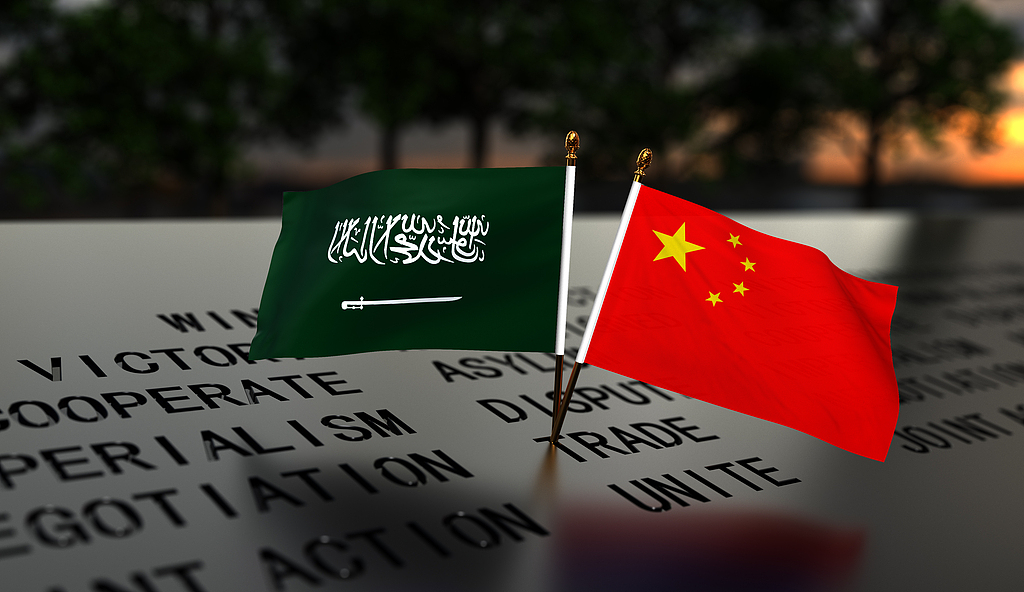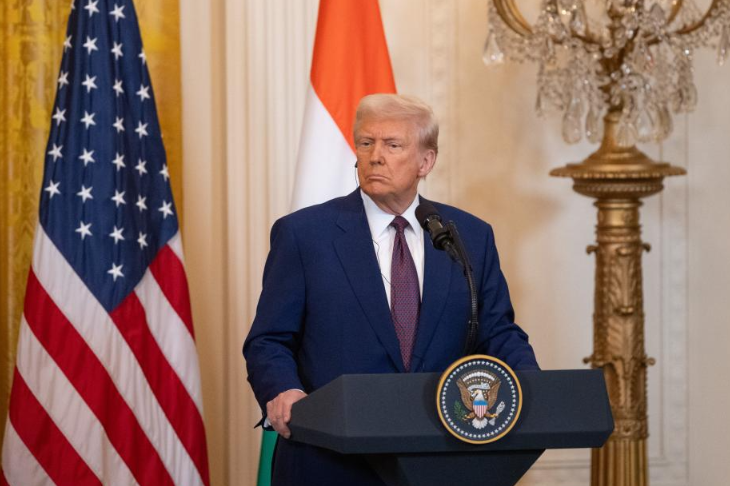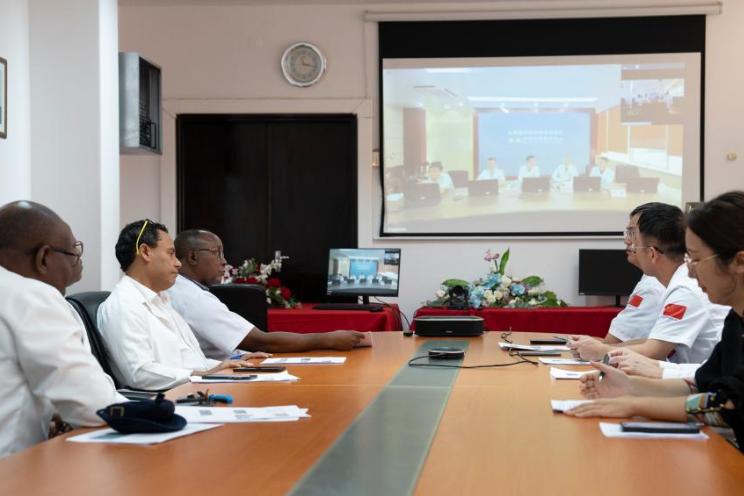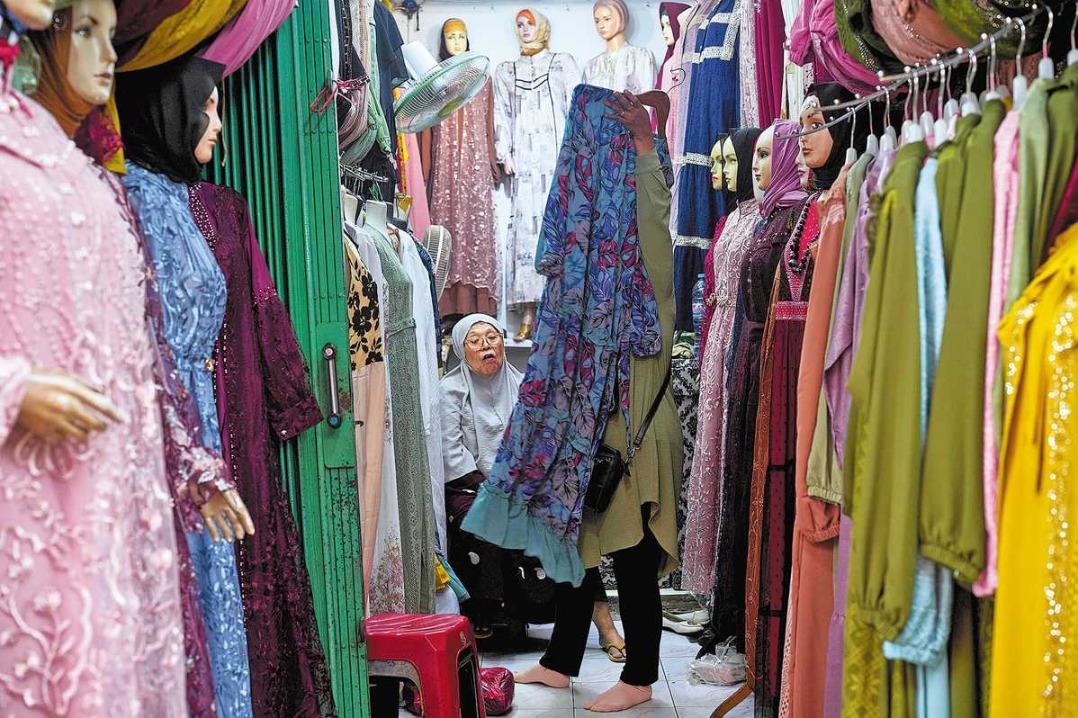Language a gateway to deepening Sino-Saudi relations


For Shahad Alsalahi, mastering Chinese has unveiled a gateway to global perspectives.
The final-year college student from Riyadh, Saudi Arabia, was among four learners honored as "2025 Chinese Language Star" during Sunday's International Chinese Language Day event, co-hosted by King Saud University and Chinese energy giant Sinopec.
"My father once worked in China, so our family has numerous cultural keepsakes," Alsalahi said. "Those porcelain dishes he gifted remain household treasures today, serving as early inspirations for my China fascination.
"My studies in Chinese deepened my cultural comprehension, revealing shared values between Arab and Chinese traditions, particularly regarding etiquette and mutual respect."
She recalled visiting Beijing last summer, where she explored landmarks such as the Great Wall. "Direct exposure heightened my appreciation for China's culture. I've also been to many other countries, but Beijing has always lingered in my mind."
Having passed level 4 of the HSK Chinese proficiency test, Alsalahi said she aspires to pursue China-focused career opportunities and strengthen China-Arab relations through professional contributions.
In 2009, King Saud University became the first in Saudi Arabia to offer a Chinese major. Its Chinese language department now enrolls about 300 students.
Abdullah bin Salman Al-Salman, president of the university, said the kingdom's proposal in 2019 to include Chinese into the national education system highly aligns with the core goal of its Vision 2030, which aims to promote cultural diversity and empower the employment skills of young people.
"Learning Chinese goes beyond acquiring linguistic skills. It is a journey toward embracing diverse worldviews, understanding civilizations and forging bridges of friendship," he said.
China and Saudi Arabia are each other's key trading partners — China is Saudi Arabia's largest global partner, while Saudi Arabia is China's largest in the Middle East.
Lian Mingxiang, chief representative of Sinopec Middle East Office, highlighted the company's 20-year presence in Saudi Arabia and cultural exchange involvement.
In 2023, Sinopec donated more than 1,000 China-themed books to King Saud University to establish the Silk Road Library Chinese Bookshelf. Lian said Sunday's event further demonstrated the company's social responsibility.
The deepening integration between China's Belt and Road Initiative and Saudi Arabia's Vision 2030 has accelerated cooperation across sectors, yielding significant educational and cultural achievements. This year, the two countries will co-host the first China-Saudi Arabia Year of Culture.
In August, Saudi Arabia welcomed the first batch of 175 Chinese-language teachers to five cities, marking the beginning of Chinese-language education after it was included in the curriculum of Saudi primary and middle schools.
Al-Salman confirmed his country's plans to welcome 200 additional Chinese teachers this year, expanding its language program capacity.
Several event attendees noted a growing demand for Chinese proficiency in Saudi Arabia's job market, calling it a major advantage.
Malath Bushra Alaqib, a training agency employee who studied Chinese education in Guangdong province for over three years, said Chinese-speaking job seekers can increase their income by 20 to 30 percent.
Abdulaziz Alshaabani, a researcher at Al Riyadh Center for Political and Strategic Studies, attributed the surge in interest for Chinese language and culture to strong bilateral relations.

































